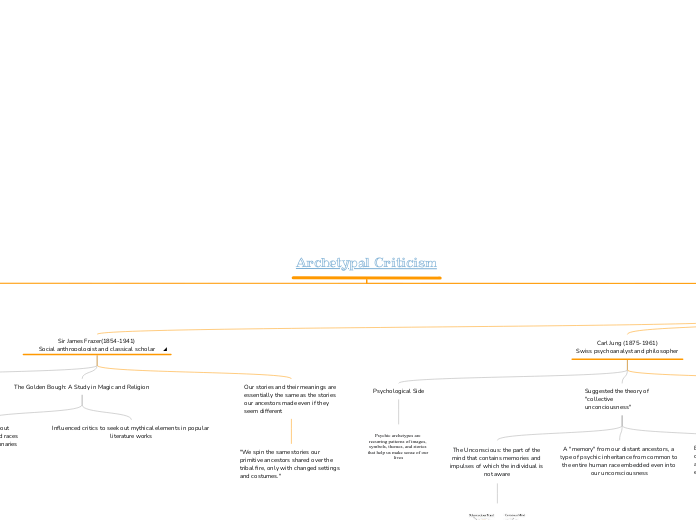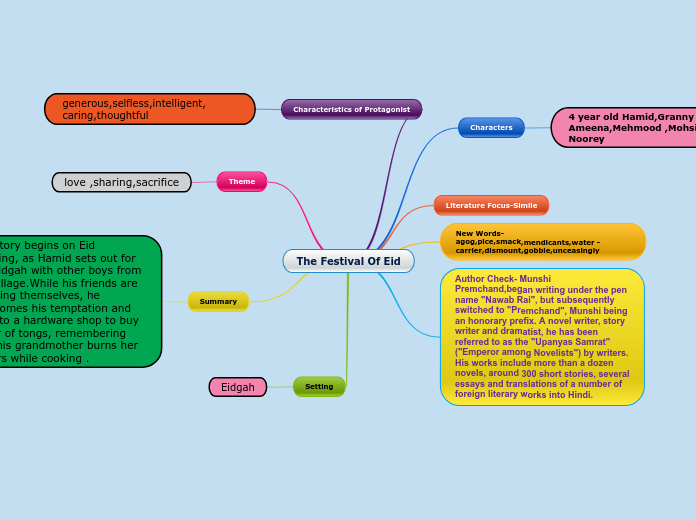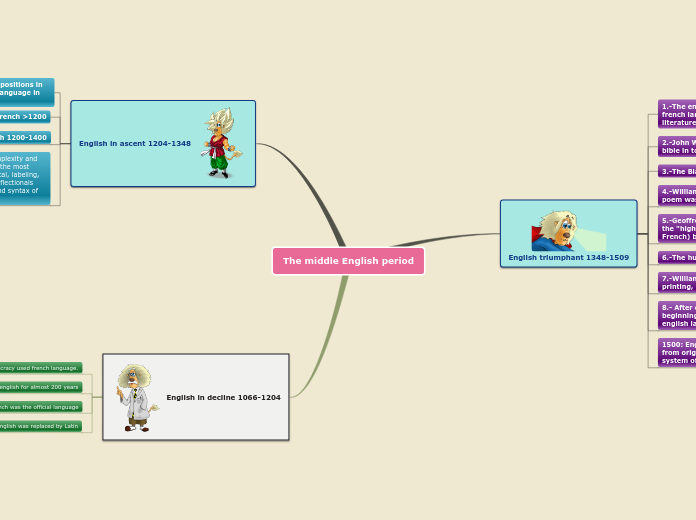Archetypal Criticism
How to Analyze with Archetypal Criticism
Look for keywords such as archetypal literary, human culture, psychic archetypes, etc.
What do the mythic and archetypal elements in the literature contribute to the work as a whole?
What mythic elements or patterns, whether it be the theme, characters, setting, conflict, imagery, plots, or genres, does this literary work contain?
Important Terms
Monomyth: The Monomyth is a term coined by Joseph Campbell. Commonly referred to as "The Hero's Journey," it examines the stages of the hero who goes on an adventure, faces a crisis and wins, then returns victorious.
Archetypal Patterns: that exist unintentionally and unconsciously. In every individual, archetypes operate as ancient patterns.
Archetype: Archetypes appear in behavior-related areas, including patterns of behavior that someone displays.
Questions to Ask Yourself
How can I apply archetypal criticism in my daily life?
How might the archetypal patterns evolve over time? (hint: think about society, changing traditions, religion, etc.)
What might the article reveal about the author’s society?
History
Northrop Fry (1912-1991)
Archetypal Story Genres
romance associated with a high point in the summer
comedy associated with spring
bitter irony and satire associated with bleak winter
tragedy associated with the fall
Main Edifice
Believed that the coordinating principle was its base in primitive story formulas
Felt that criticism’s job was to awaken students to the mythologies behind their literature and thus their societies
Archetypal criticism allows you to look beyond the setting of the story and helps you identify it's orignality and the myths associated with it
Fry believed that we can often identify archetypal geographies, character types, story aspects, and themes that give literature its structural unity.
Declared that literature is a kind of displaced mythology, and all contemporary literary works root back to the same patterns found in old myths, legends, and folktales
Carl Jung (1875-1961)
Swiss psychoanalyst and philosopher
Suggested the theory of "collective unconciousness"
Believed that human beings are connected to each other and their ancestors through a shared set of experiences.
A "memory" from our distant ancestors, a type of psychic inheritance from common to the entire human race embedded even into our unconsciousness
The Unconscious: the part of the mind that contains memories and impulses of which the individual is not aware
Psychological Side
Psychic archetypes are recurring patterns of images, symbols, themes, and stories that help us make sense of our lives
Sir James Frazer(1854-1941)
Social anthropologist and classical scholar
Our stories and their meanings are essentially the same as the stories our ancestors made even if they seem different
"We spin the same stories our primitive ancestors shared over the tribal fire, only with changed settings and costumes."
The Golden Bough: A Study in Magic and Religion
Influenced critics to seek out mythical elements in popular literature works
He collected data about different cultures and races through other missionaries
Cultural Integration
Myth and rituals that were part of some primitive cultures
Limitations and Critiques
Some writers believe that the point of literature is to continue using archetypal patterns.
This limits authors and artists to extend the boundaries of human creativity and innovation.
"To interpret all literature through a few archetypal patterns is reductive."
Aspects of literature such as accomplishments, historical implications, and philosophical questions are ignored when providing archetypal criticism.
Benefits
Can be helpful in the endless human quest to find out who we are.
We gain a better understanding of our world, our literature, and our own beliefs by studying mythology.
"In other words, studying the mythic roots of literature can be helpful in the endless human quest to find out who we are.Thus, archetypes, according to their fans, not only take us back to the beginning of humankind’s oldest rituals and beliefs, thus connecting us to others, but also take us deeper into an understanding of our own individual psyches." (Gillespie 5)
Studying archetypal criticism gives perspective to our lives.
When we relate read these types of stories we learn to relate ourselves to the people in these stories. Watching these Hero's win their battles reminds us that we too, will win our battles.
"Watching mythic or literary heroes struggle, fail, learn, persevere, and experience all possible forms of joy and sorrow is a rehearsal for all that life may bring to us." (Gillespie 4-5)
Reinforces our knowledge of mythology.
A study of archetypal criticism can provide wisdom and knowledge from past history. Even at a basic level of study will prove beneficial.
"... which scholars such as Joseph Campbell believe is foundational information for any educated person, and gets us thinking about all the essential experiences and wishes we share with other people in other times and places." (Gillespie 4)
Overview
Types of Archetypes
Symbolic Archetypes
Ice - Death, ignorance
Fire - Knowledge, rebirth
Setting Archetypes
The Island - Symbolizes isolation
The Garden - Symbolizes love and fertility
Situational Archetypes
Nature vs. Mechanistic World
Battle of Good and Evil
Character Archetypes
The Star-Crossed Lovers - The lovers who usually meet tragedy
The Devil Figure - Tempts the hero
Examples
William Shakespeare's Romeo & Juliet is an example of a character archetype (star-gazed lovers).
“A pair of star-crossed lovers take their life, Whose misadventured piteous overthrows, Doth with their death bury their parents' strife.” (Shakespeare 7)
"... the ancient Greeks saw the sun’s progress across the sky as the daily ride across the sky of the god Helios in his blindingly bright chariot." (Gillespie 3)
In the example above, although it is observable that the sun rises everyday, the main concept to grasp is that it expresses our unconscious sense of the eternal story.
Definition
Archetypal Criticism is a type of analytical theory that illuminates text based on recurring myths and archetypes in the literary piece.
"The conviction of archetypal literary critics is that there is a realm of human experience expressed in many myths and fantasy stories that goes deeper than any rational or intellectual thinking." (Gillespie 1)









